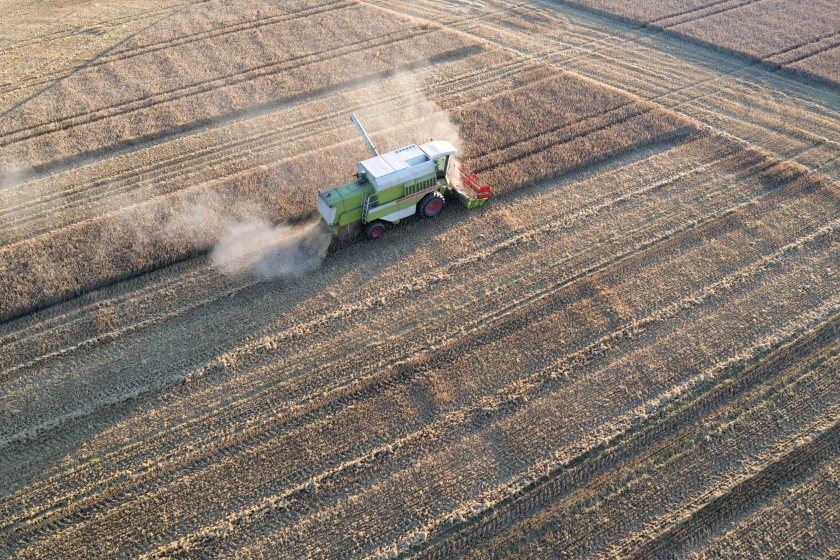
The entire UK food and drink supply chain, including the farming industry, has joined forces to ensure policies on food security are at the front and centre of the next government.
Party leaders are being urged to 'never take our food security for granted' by setting out how they intend to support British food production, and how they will work to ensure resilient supply chains.
The UK's food system has shown itself in recent years to be fairly resilient, maintaining supply through a series of major challenges, including Covid, Russia’s invasion of Ukraine, and Brexit.
However, industry groups today warn that at times, those supply chains have come under severe strain, leading to shortages of some food products and increasing costs at all points of the chain.
In a letter to party leaders published on Thursday (20 June), the NFU, British Retail Consortium, UK Hospitality and Food and Drink Federation say the issue of food security must now be central.
Representing the UK’s farmers, supermarkets, hospitality, catering and food firms, they express frustration at the lack of coverage during the campaigns as to how the next government will approach the issue despite widespread agreement that 'food security is national security'.
In their letter, the organisations warn this omission in public election campaigning needs to be 'urgently addressed' before polling day on 4 July.
The letter says: "It would be foolhardy to assume that our food system will always withstand shocks, especially against the backdrop of increased geo-political instability and climate change.
“The basic responsibility of any government is to ensure its citizens are safe and properly fed. But while we have heard much about defence and energy security in recent weeks, we have heard very little about food security.
"The lack of focus on food in the political narrative during the campaigns demonstrates a worrying blind-spot for those that would govern us."
The letter sets out urgent priorities for whichever party forms the next government to ensure British food is available at all price points, in an "increasingly uncertain and unstable world".
They include the need for a planning system that allows investment in modern buildings and infrastructure, as well as more support to achieve net zero.
An agricultural budget that "enables the delivery of environmental objectives, delivers targets for climate and biodiversity" is also mentioned.
“Getting these policies right has multiple benefits for our country and the public beyond simply guaranteeing our food security," the letter goes on to say.
“A well-functioning supply chain also gives consumers access to a wide range of fresh produce and healthy food, is a crucial aspect of improving diets, alleviating pressure on the health service and improving health outcomes for our citizens.”
What does the letter call for?
The letter sets out six priorities, including:
• A planning system that allows investment in modern buildings and infrastructure
• Work with the food and drink sector to deliver a plan to achieve our net zero ambitions
• A coherent industrial policy that includes a tax framework incentivising investment, fosters research and innovation in the UK, takes a joined-up approach to immigration, skills and employment policies that ensure the sector has access to the labour it needs
• An agricultural budget that enables the delivery of environmental objectives, delivers targets for climate and biodiversity
• An approach to trade that seeks to reduce non-tariff barriers with key trading partners
• A long-term partnership with industry to tackle obesity and health inequalities in communities across the UK
